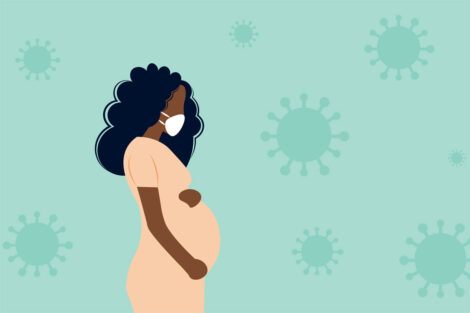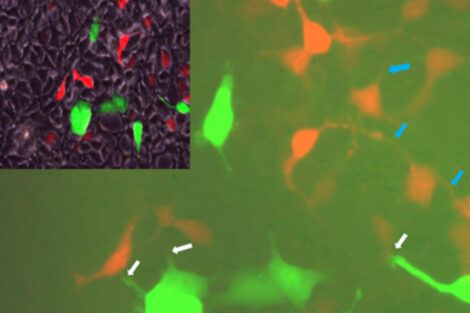Findings point to potential treatments and diagnostics for the often untreatable disease For immediate release: Thursday, April 15, 2021 Boston, MA – White adipose … Continue reading “Accumulation of infected red blood cells in the adipose tissue is essential for development of cerebral malaria”
For immediate release: Thursday, March 11, 2021 Boston, MA – Vaccinating adults age 26 and older against the human papillomavirus (HPV)—the virus that causes … Continue reading “HPV vaccines for adults over age 26 may not be cost-effective”
For immediate release: Wednesday, March 10, 2021 Boston, MA – Spurred by the global disarray caused by the COVID-19 pandemic, the Harvard T.H. Chan … Continue reading “Harvard T.H. Chan School of Public Health launches public health program for business leaders”
For immediate release: Wednesday, March 10, 2021 Boston, MA – People who eat diets with higher amounts of healthy plant-based foods and lower amounts of less-healthy … Continue reading “Healthy plant-based diet associated with lower stroke risk”
The Apple Women’s Health Study team at Harvard Chan School has released preliminary scientific data on women and their menstrual symptoms, contributed by a cohort of 10,000 participants of varying ages and races across the U.S. participating in the study through Apple’s Research app.
For immediate release: Wednesday, February 24, 2021 Boston, MA – A new approach to pooled COVID-19 testing can be a highly effective tool for … Continue reading “Novel pooled testing strategies can significantly increase ability to identify COVID-19 infections, track disease spread”
Findings provide new insights into obesity, diabetes, and fatty liver disease For immediate release: December 18, 2020 Boston, MA – A key protein in … Continue reading “In liver, a stressed cell can be bad news for its neighbors”
For immediate release: December 4, 2020 Boston, MA – Women with post-traumatic stress disorder (PTSD) and depression have an almost fourfold greater risk of … Continue reading “PTSD with depression may significantly increase risk of early death in women”
For immediate release: November 20, 2020 Boston, MA – Testing half the population weekly with inexpensive, rapid-turnaround COVID-19 tests would drive the virus toward elimination … Continue reading “Frequent, rapid testing could turn national COVID-19 tide within weeks”









